Charles Baudelaire
Reaktion Books, $34.95 pb, 189 pp
Literature of the street
Charles Baudelaire (1821–67) occupies a pivotal position in the development of modern writing, not just as the poet of Les Fleurs du mal (The Flowers of Evil, 1857) but as the proponent, in his critical writings, of a modern aesthetic based on the experience of city life. More than any other French poet of his time, he marks the transition from the Romantic to a proto-modernist poetic style and stance. T.S. Eliot recognised the nature of this achievement when he said that for him the significance of Les Fleurs du mal was summed up in the first lines of ‘Les sept vieillards’ (‘The Seven Old Men’), in Baudelaire’s vision of the ‘teeming city, city full of dreams, / where ghosts in broad daylight accost the passer-by’. ‘I knew what that meant,’ Eliot said, ‘because I had lived it before I knew that I wanted to turn it into verse on my own account.’
Continue reading for only $10 per month. Subscribe and gain full access to Australian Book Review. Already a subscriber? Sign in. If you need assistance, feel free to contact us.


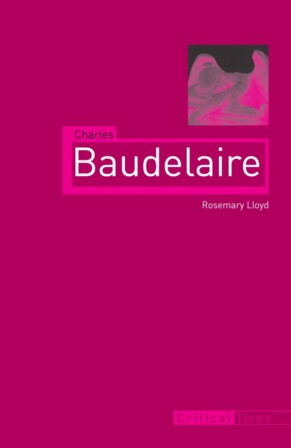
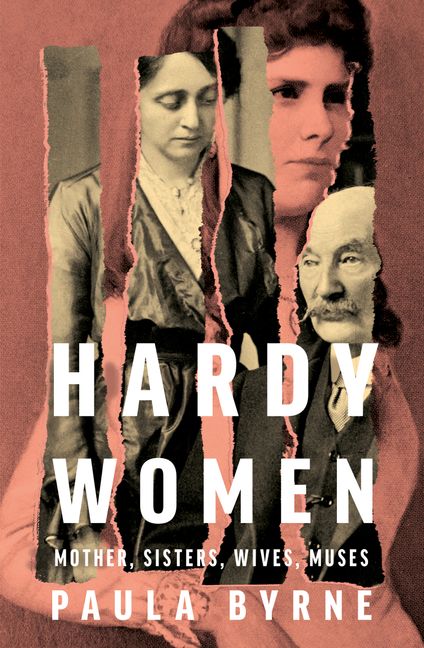
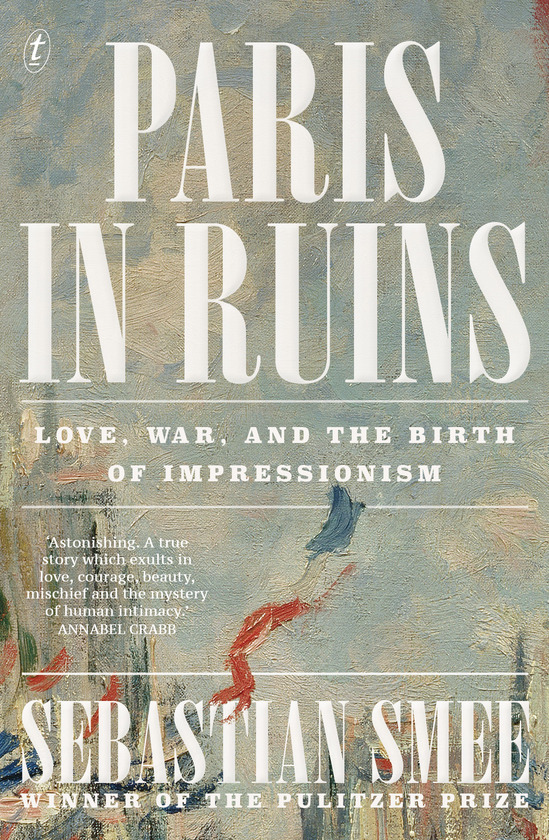
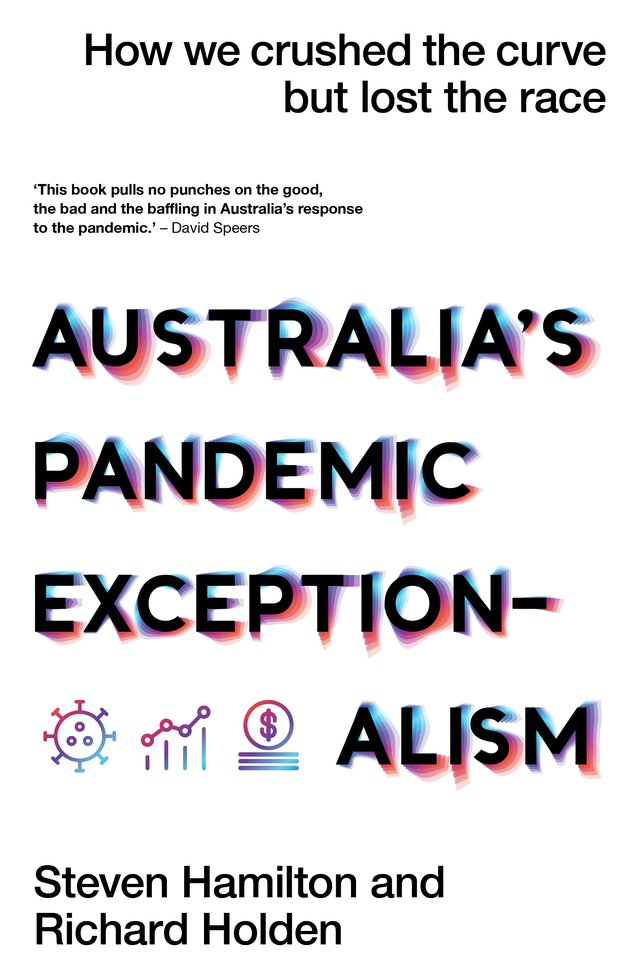
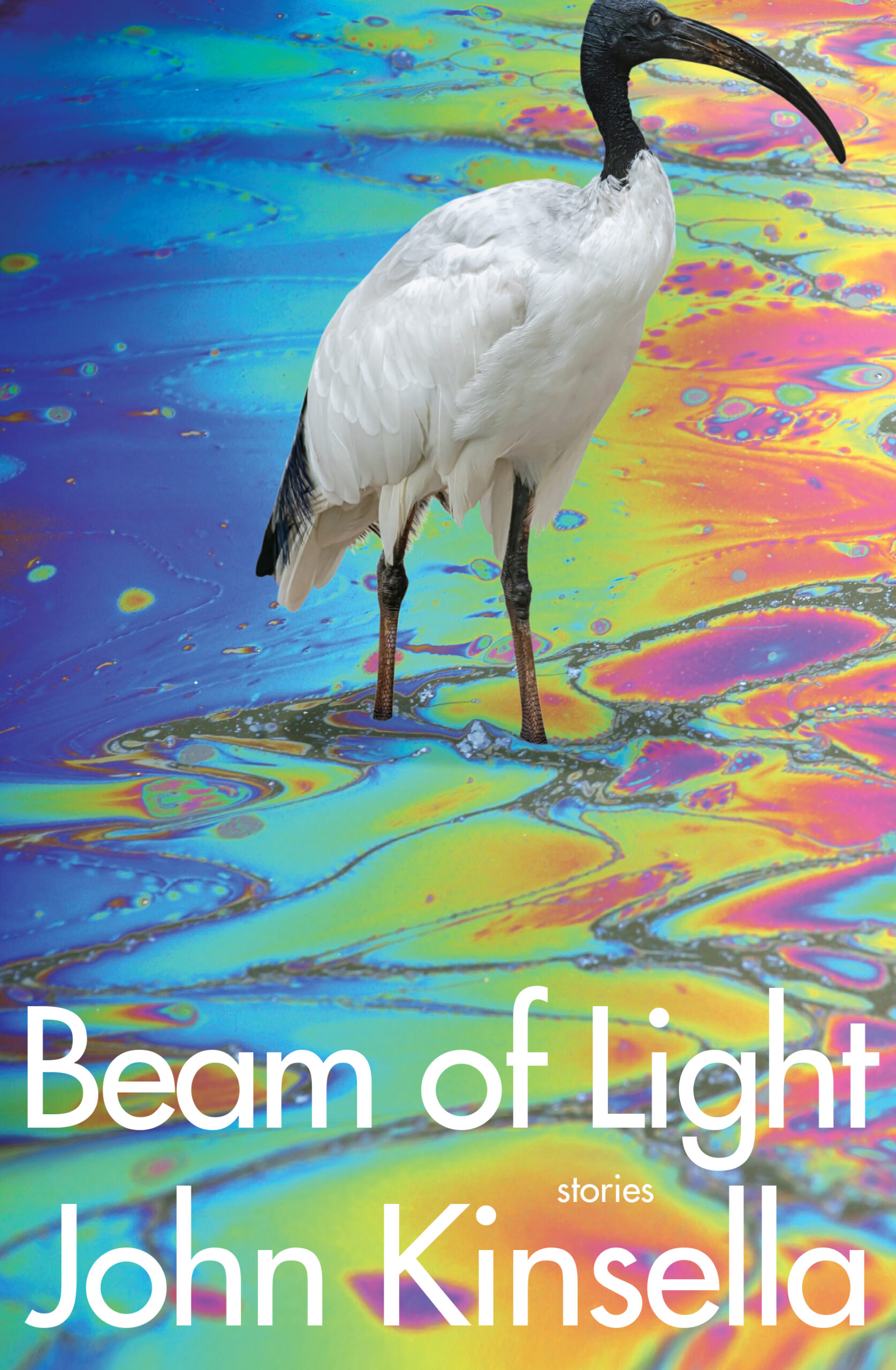
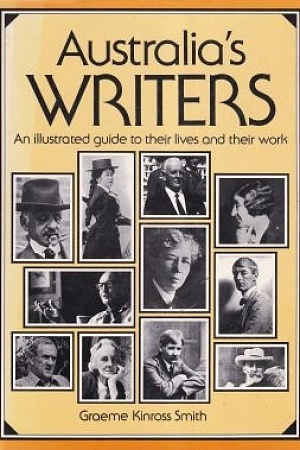

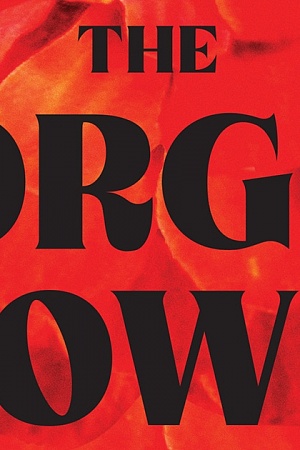

Leave a comment
If you are an ABR subscriber, you will need to sign in to post a comment.
If you have forgotten your sign in details, or if you receive an error message when trying to submit your comment, please email your comment (and the name of the article to which it relates) to ABR Comments. We will review your comment and, subject to approval, we will post it under your name.
Please note that all comments must be approved by ABR and comply with our Terms & Conditions.